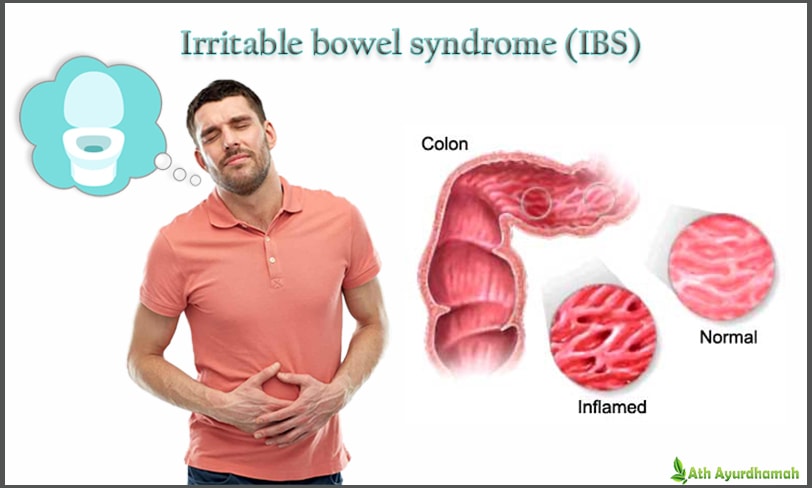Treating IBS With Ayurveda
Treating IBS in the Effective Ayurvedic Way

Summary: IBS is an aggravating malady that is characterized by abnormal bowel moments. Ayurveda stresses on the good eating habits to counter IBS. There are several herbs and medicines available on the market that would be really helpful in alleviating the symptoms of IBS.
IBS or Irritable Bowel Syndrome is a common condition that is mostly seen in the people between their late teens and early forties. People suffering from IBS often go to the gastrointestinal specialists complaining of belly discomfort or problems regarding bowel habits like diarrhoea or constipation. Bloating, nausea and a feeling of incomplete evacuation are also associated with it and the person might suffer from heartburn and chest pain in the upper gastrointestinal tract. It is characterized by many other symptoms that range from physical to psychological.
IBS is not a fatal condition; however, it tends to affect the life of the person suffering from it quite negatively because it is a long-lasting problem. These people might have to participate less in wok and daily activities with some having to even drop out.
Causes of IBS
Nobody can pinpoint the exact cause of IBS although it can be concluded that there is some problem with the gastrointestinal tract. It can be categorized under functional disorders since the physical and chemical causes of IBS are yet unidentified. Although there are many theories about what causes this condition, rest be assured that it is definitely not associated with cancer. Here are some of the theories regarding the causes of IBS.
- An IBS patient might have a very sensitive colon.
- Hormonal changes might lend a hand in causing IBS symptoms since it is found that a majority of IBS patients are women.
- Increased serotonin level in the gut might cause diarrhoea while a decreased secretion can cause lead to constipation.
- While stress may or may not cause IBS, it is seen that most often the persons suffering from IBS have some sort of anxiety problem. Stress is most likely to worsen any symptom associated with IBS.
Symptoms of IBS
- IBS is characterized by diarrhoea and constipation. They might occur separately or together albeit in an alternating manner.
- Abdominal cramps that do not occur while the person is sleeping. They usually occur in the lower part of the belly, getting worse after a meal but better after a bowel movement.
- Protruding belly.
- Problems like gas and bloating.
- The stool is either too hard or too loose compared to normal.
Treatment for IBS
Since it is seen that there is no common remedy for IBS and different things work for different people, you would need to work with the doctor to suppress your triggers. You can try herbal remedies for IBS and make some lifestyle changes.
The Ayurvedic Take on IBS
In Ayurvedic terms, IBS is called grahani. Grahani can be characterized by motor abnormalities in the circular and longitudinal muscles of the small bowels and sigmoid colon. Ayurveda concludes that it might be because of malfunction of the Agni in the digestive system. Grahani treatment in Ayurvedic focuses on changing the dietary habits and lifestyle of the patient since Grahani occurs because of improper food habits.
Ayurvedic Treatment for IBS
- Eating fresh fruits and drinking fruit juices can reduce the inflammation in the lining of the stomach.
- As much as possible, avoid intake of caffeine, alcohol and carbonated beverages. Oily food is also not good for your body.
- To prevent gas, you would need to avoid eating beans, cabbage and citrus fruits.
- Ginger is good for your health. You can drink ginger tea or chew raw ginger. Doing so would help to reduce the inflammation caused by IBS.
- Slippery elm helps to soften the stool and prevents constipation. You can try slippery elm if you want to relieve the pain due to constipation. Use Triphala to reduce bloating.
Along with these Ayurvedic treatments for IBS, make sure that you do not take too much stress and you would get better in no time.
